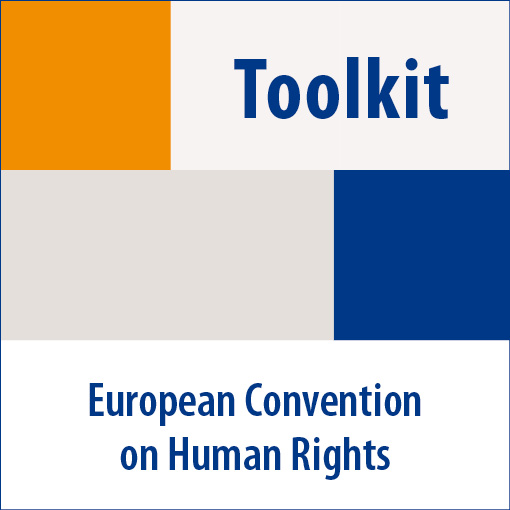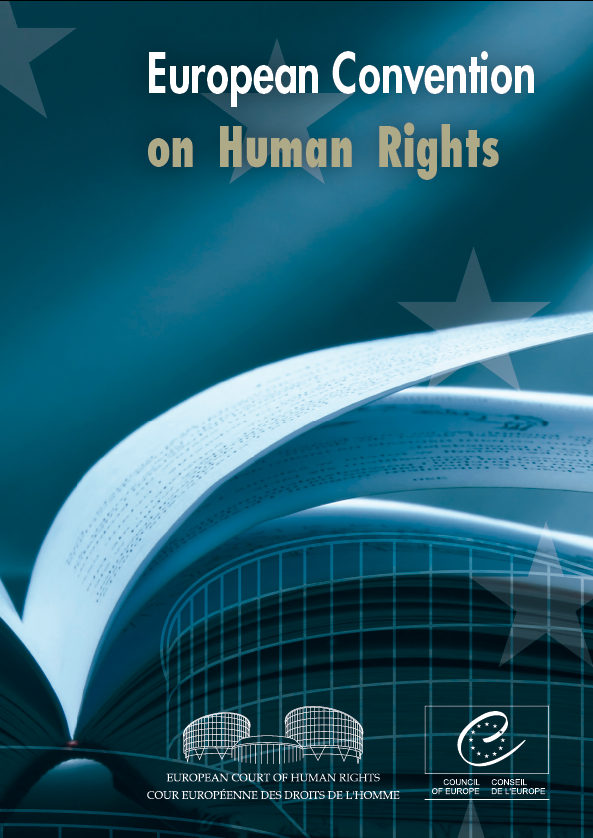These four articles, respectively on respect for private and family life; freedom of thought, conscience and religion; freedom of expression; and freedom of assembly and association have several common features:
- they are all qualified rights;
- they share a two-paragraph structure, in which paragraph 1 states the right and paragraph 2 sets out the circumstances in which interference with it may be justifiable;
- the second paragraphs vary in detail but have three common requirements for an interference with the right to be justified.
First the interference must be in accordance with the law. "Law" includes primary and secondary legislation, common law and EU law for States which use those systems, and rules of professional bodies, universities, etc. The law must be established in the national system. It must also be accessible, i.e. publicly available, and foreseeable, i.e. sufficiently precise to allow someone to regulate their behaviour to comply with the law. In one of several cases on telephone tapping, the Court found that a law did not contain sufficiently clear and detailed rules especially given the seriousness of the interference and the increasing sophistication of the technology (Kruslin v. France).
Second the interference must pursue a legitimate aim. All the second paragraphs set out lists of specific permitted aims, which vary from article to article, such as "prevention of crime", "protection of public order, health or morals" or "protection of the rights and freedoms of others".
Third the interference must be "necessary in a democratic society" to pursue the aim in question. "Necessary" means neither "indispensable" at one extreme nor merely "reasonable" at the other. It means the government has to establish that there was a "pressing social need" for the interference and that it was proportionate to the aim pursued. Despite the word not appearing in the Convention text, proportionality is at the heart of how the Court has interpreted it. So, even if an action or policy pursues a legitimate aim, it is not permissible if the means used are excessive, arbitrary or unfair. Essentially the Convention requires national authorities to balance the individual's rights against the public interest; it may also be a matter of striking a balance between competing individual rights. The Court has recognised that it is primarily for national authorities to safeguard human rights and strike the right balance, and that they are in principle better placed than the Court itself to assess the necessity for an interference. Hence it has developed a principle that States enjoy a discretion in this area, which it calls the "margin of appreciation", recognising that, as social and other circumstances differ, so may local solutions. This latitude is, however, limited, and is subject always to the supervision of the Court. It will be stronger if practice across Europe varies widely than if there is a consensus which is out of line with the individual State's policy or practice. In the nature of things, social attitudes change, and the decisions of the Court evolve along with those attitudes.




